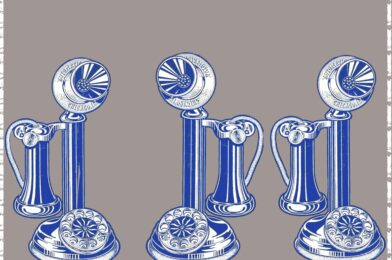Mark McGurl talks about disintermediation, a key term for internet commerce, and his new book about fiction in the age of digital self-publication. The fantasy of disintermediation lies at the heart of utopian dreams of the internet, but it turns out that not only is the internet actually a medium, and a vast economic engine, but self-publishing is a lot of work!
Mark McGurl is a professor of English at Stanford University. If you want to learn more about the effects of Amazon’s self-publishing mechanism on literature, check out his new book, Everything and Less: The Novel in the Age of Amazon (Verso, 2021). His earlier book The Program Era: Postwar Fiction and the Rise of Creative Writing (Harvard UP, 2011) takes a similarly materialist perspective on literary production, and it was sort of a thing. His first book The Novel Art: Elevations of American Fiction after Henry James (Princeton UP, 2001), blames Henry James for making American novels into art. In a good way of course.
This week’s image is a photograph of a printing press held in the collections of the Fort Nonquai Eshowe museum in South Africa, posted on Wikimedia commons.
Music used in promotional material: ‘Internet, the day when all humans will disappear’ by Monplaisir









